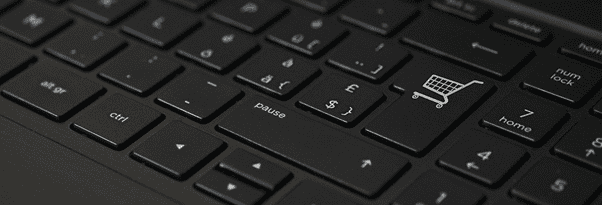Following a rapid economic growth, consumer-facing industries have quietly grown into a significant economic force in Africa’s most populous nation. Over the last decade, the Nigerian telecommunications and banking industries have experienced rapid expansion, serving rising demand and a fast growing middle class.
A typical Nigerian consumer nowadays demands a modern, fast and, most importantly, safe shopping experience which is enabled by a dependable payment system.
In the broadest sense of the term, payment system is a set of systems enabling transfer and circulation of funds. To perform its role successfully, the payment system must fulfill three prerequisites.
One is that the financial assets should be kept in payment transaction channels for as short a time as possible. The second involves reliability and implies secure performance of transactions and uninterrupted availability, while the last, but not the least, is the affordability of the prices of these services.
Considering that the payment system strongly influences the velocity of flows in the economy, overall costs and liquidity of participants, and that it serves as a monetary policy transmission channel (disruptions in the payment system could compromise public confidence in the financial system as a whole), it comes naturally that the central bank should be the one highly interested in ensuring its efficient functioning.
Digital Payments in Nigeria
Although banking online had been previously viewed with tremendous suspicion in Nigeria, today it emerges as one of most trusted, quickest and easiest way of transferring one’s funds. This in retrospect is due to phenomenal improvements that have been made by the various online money transfer companies.
In truth, the online payment options that are currently available are so accessible to users from the comfort of their own home and range from paying for groceries to placing bets online and playing in online casinos, especially by the younger generation.
As PlayCasino says, better online payment system has positive effect on one of the biggest industry in the world. The improvement in internet speed and the reduction in charges are also contributing to the increase in net banking payments.
The market segment Digital Payments includes the following sub segments:
Digital Commerce: Consumer transactions made via the Internet which are directly related to online shopping for products and services.Transactions can be made via various payment methods (credit cards, direct debit, invoice, or online payment providers, such as PayPal and AliPay)
Mobile POS Payments: Transactions at Point-of-Sale that are processed via smartphone applications (so-called “mobile wallets”). Well-known providers of mobile wallets are ApplePay, and Samsung Pay. The payment in this case is made by a contactless interaction of the smartphone app with a suitable payment terminal belonging to the merchant.
Here is a list of online payment platforms that work for businesses in Nigeria. The list is more extensive, of course, but here we are going to mention the most prominent ones.
- Vogue pay – It provides a simple and secure way to send and receive payments globally. VoguePay’s global coverage allows consumers and businesses to safely make and receive payments in all major currencies, regardless of location. Interestingly, VoguePay also offers safe and secure platform to accept payment in bitcoin. This platform allows users to integrate payment to their website using VoguePay’s plugin libraries and extensions.
- GTPay – This is a secure internet payment gateway developed by GTBank to facilitate payments online using debit cards issued by banks on the Interswitch Network. It means that you must have an account with GTBank to use GTPay. GTPay accepts both locally and internationally issued cards including Interswitch, MasterCard and VISA.
- Interswitch Webpay – This is the largest gateway for receiving e-payments in Nigeria. They offer a secure, reliable and scalable platform for electronic transactions processing in multifunctional online/offline environment. They also accept transactions from a diverse range of delivery payment channels, including Nigerian Verve cards, VISA and MasterCard.
To sum up, online payments are the future of convenience. Online payments will offer customers in Nigeria a cheaper, faster, and more reliable way to transfer their money for both business and pleasure. For a true business without borders it is essential to make such transactions as easy and safe as possible.







